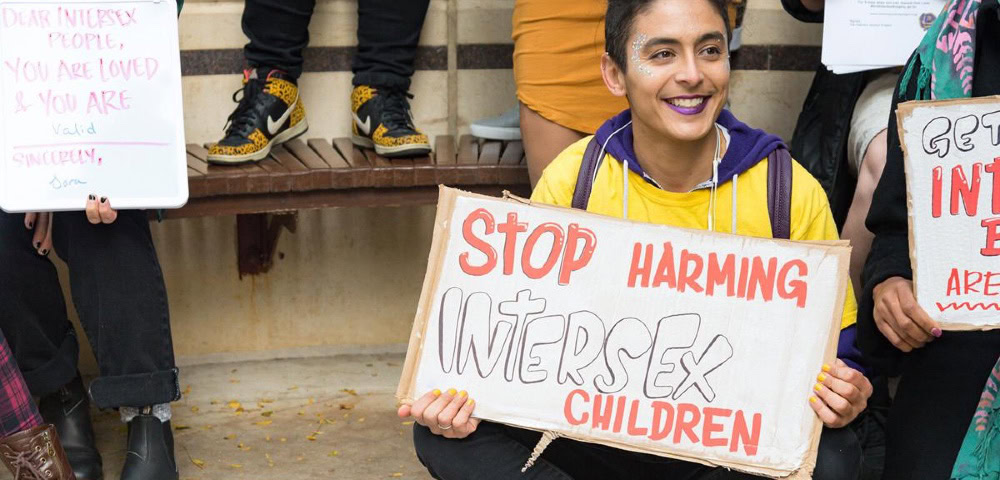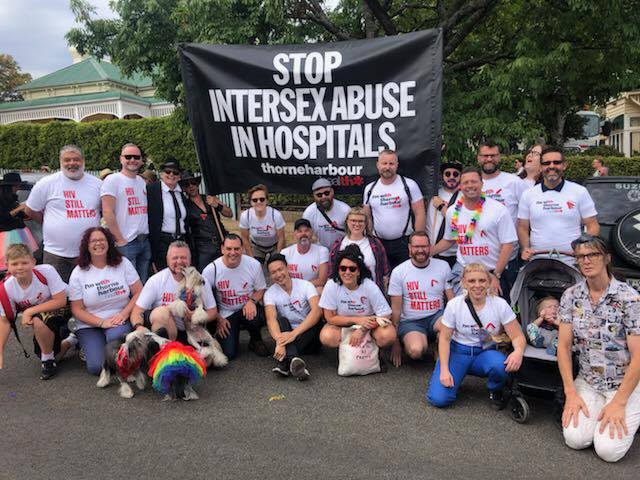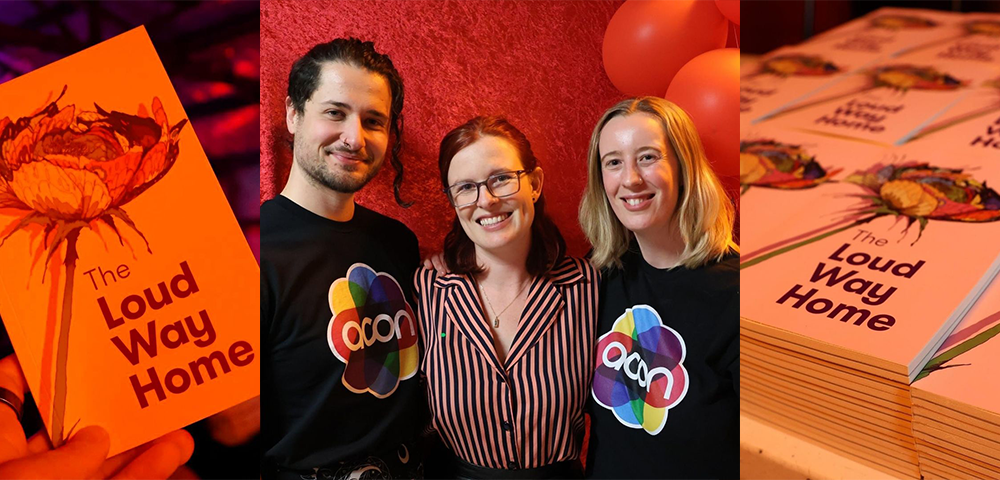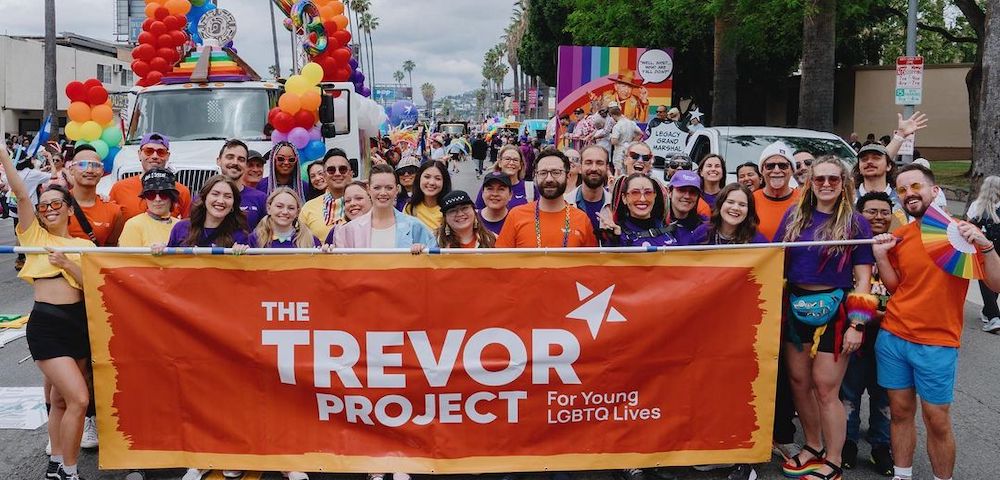
Australia Signs UN Statement To End Non-Consensual, Invasive Surgeries On Intersex Children

Australia has signed a statement supporting the protection of rights of Intersex people at the UN Human Rights Council for the second year in a row.
The joint statement, which was introduced by Austria calls on nations to “take measures to combat violence and discrimination against intersex persons, develop policies in close consultations with those affected, ensure accountability, reverse discriminatory laws and provide victims with access to remedy”.
The open letter also calls to help “calls on states to take measures to protect the autonomy of intersex children and adults and end harmful practices such as medically unnecessary treatments on intersex people without their consent”.
Australia Needs Laws To Protect Intersex People From Non-Consensual, Invasive Surgeries

Legal Director at Equality Australia, Ghassan Kassisieh told Star Observer this was a monumental decision made by the UN Human Rights Council.
“Congratulations to intersex advocates who continue to make great strides in ensuring that human rights are honoured for all people, no matter their sex characteristics. We look forward to working alongside intersex advocates in ensuring the first Australian laws to prohibit unnecessary medical interventions on intersex people without consent are introduced as soon as possible.”
An additional 15 countries have signed this years joint statement, increasing the number of countries dedicated to protecting intersex people from human rights violations to over 50.
Executive Director at Intersex Human Rights Australia, Morgan Carpenter told Star Observer it is promising to see countries such as Namibia and Ukraine who are known for not having laws that protect LGBTQIA+ people sign the joint statement.
“LGBT issues are quite politicised…so we (intersex people) have had to be very careful to avoid the same politicisation,” Carpenter said.
Focus On Women Athletes With Intersex Variations
“Getting countries in Africa and Asia as well as Western countries to support Intersex people shows there can be bipartisan support for these issues. While this hasn’t always been possible on LGBT issues, which is really regrettable, I think it bodes well for the future that some bipartisan progress is possible,” said Carpenter.
In July this year, a group of African state’s also made a statement at the UN Human Rights Council comparing the banishment of women athletes with intersex variations from participating in certain athletic events at this year’s Olympic Games to apartheid.
“I really take to heart the declarations made at the UN Human Rights Council because it shows that countries are beginning to grapple with the distinctive forms of discrimination and violence intersex people experience,” Carpenter said.
Although the statement has not laid out any future research projects or the appointment of an individual to deal with issues related to intersex people, Carpenter said it does lay down the ground work for more future activities.
“I would like to see the countries that signed to live up to what they have said they will do. I would especially like to see action in Australia. I would also like to see specific attention the the health needs of intersex people and really resourcing peer support and family support.”
Earlier this year both ACT and Victoria made commitments to ban non-consensual and intrusive surgeries on intersex people.
The Victorian Government has also provided funding to Intersex Human Rights Australia to develop new resources.









